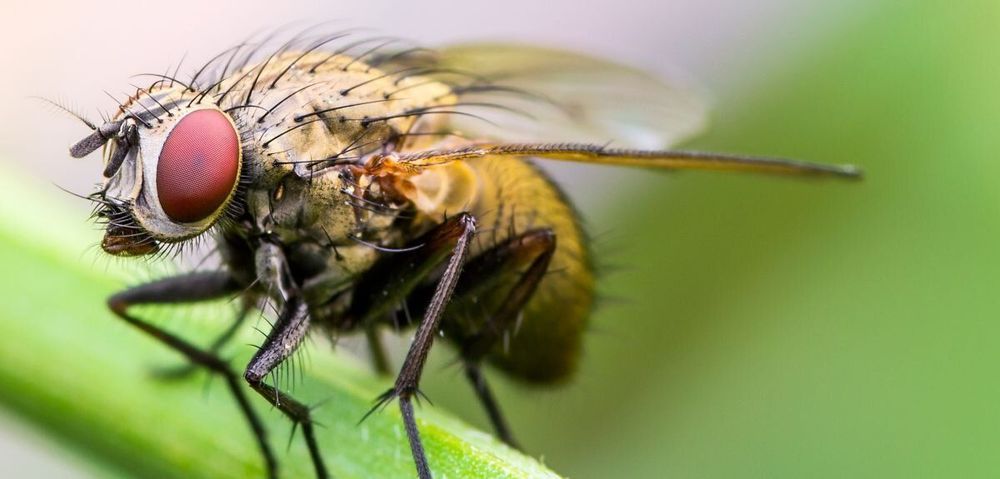Infertility is one of the most striking effects of aging. The impact of aging on females’ fertility is more severe and much better understood, but it also affects males. Male reproductive aging is less researched, but of those studies that do address it, most focus on sperm. However, ejaculate contains more than just sperm. Proteins in the seminal fluid are important for fertility, and in many animals, they have a dramatic effect on female physiology and behavior. Little is currently known about the impact of male aging on these proteins, and whether any changes contribute to poorer ejaculates in older males.
To resolve these questions, researchers at the University of Oxford’s Department of Zoology conducted experiments in a model organism, the fruit fly, Drosophila melanogaster. This species typically lives for less than five weeks, which means that researchers can very rapidly measure the impact of age on male fertility, and their sperm and seminal fluid proteins. This species is also highly amenable to genetic studies, which allowed the researchers to genetically manipulate male lifespan, to see how this impacted the decline in fertility with age.
Published this week in PNAS are their results which show that both sperm and seminal fluid protein quality and quantity decline with male age, making distinct contributions to declining reproductive performance in older males. However, the relative impacts on sperm and seminal fluid often differ, leading to mismatches between ejaculate components. Despite these differences, experimental extension of male lifespan improved overall ejaculate performance in later life, suggesting that such interventions can delay both male reproductive aging and death.









Comments are closed.